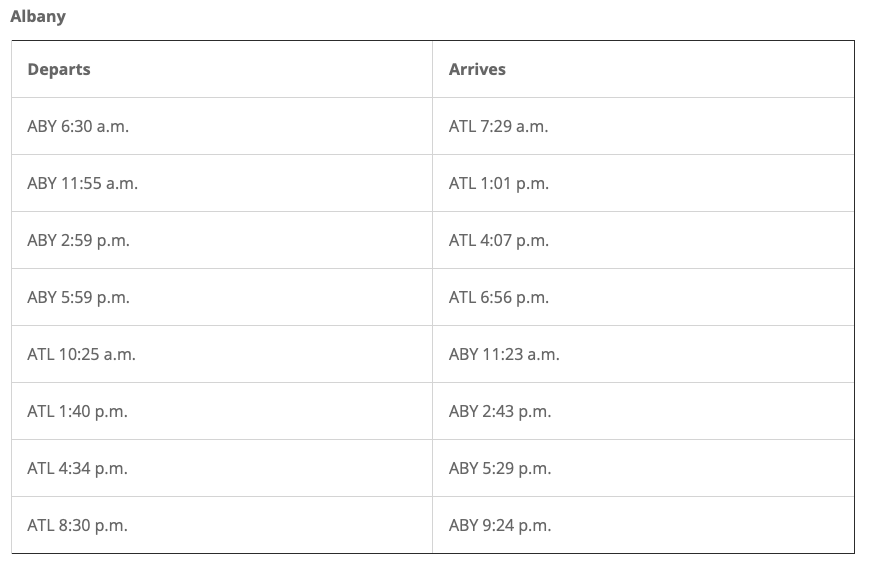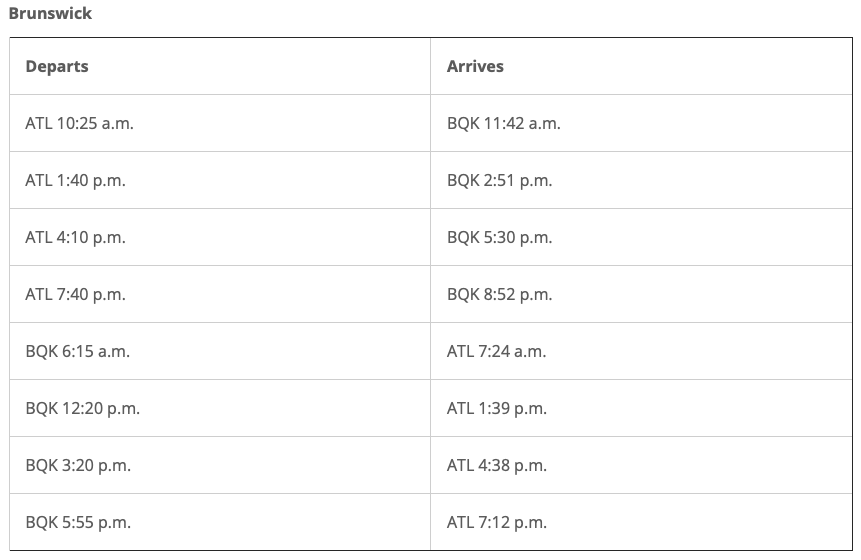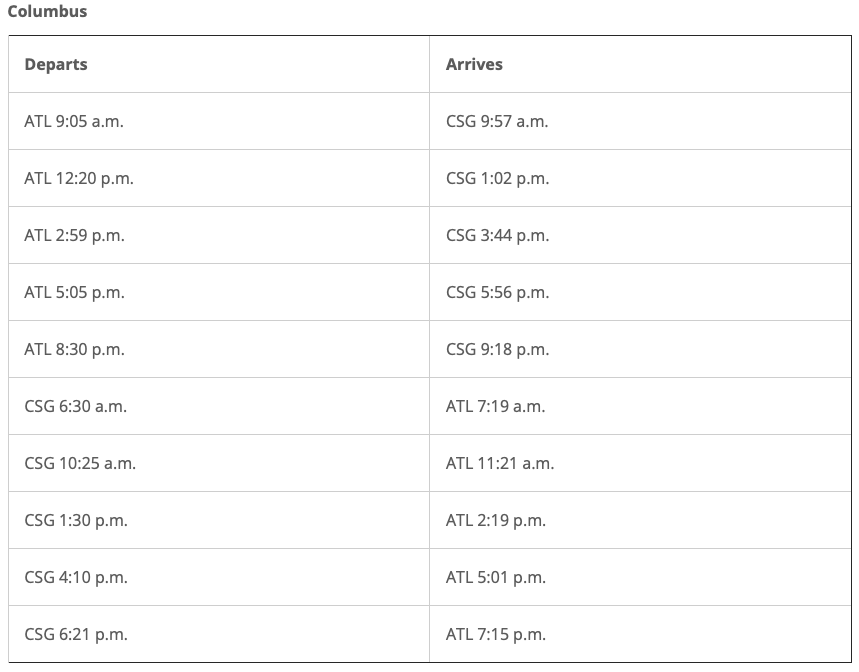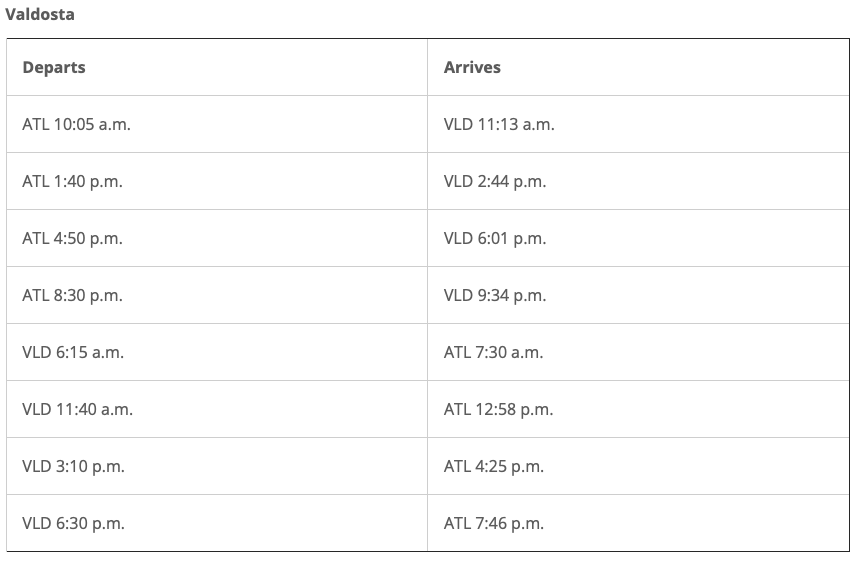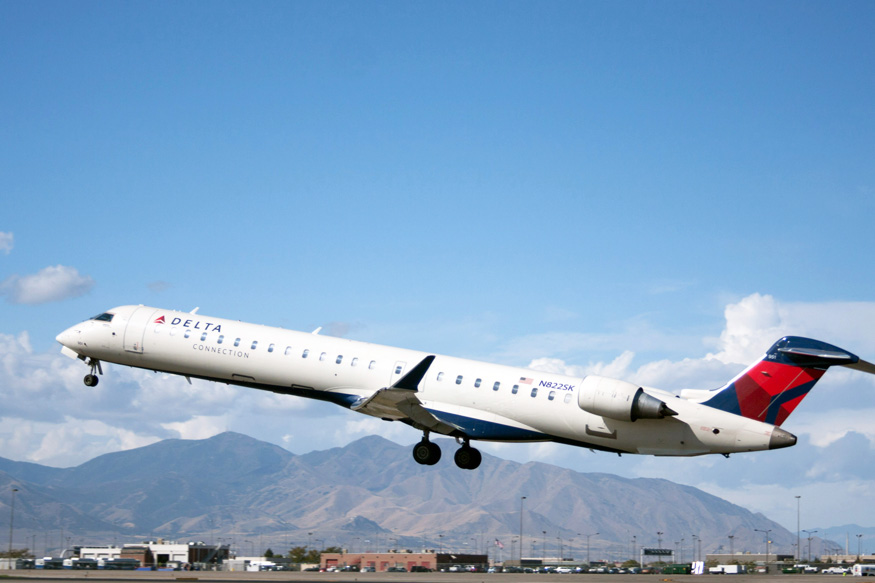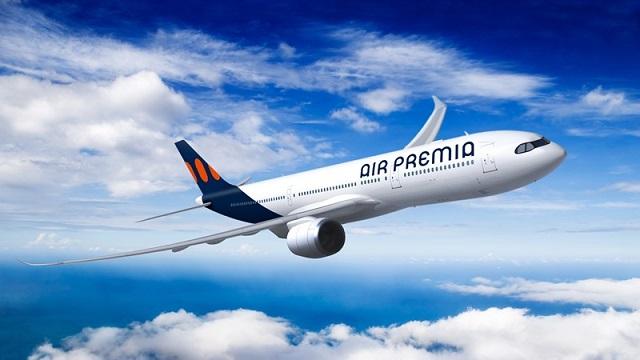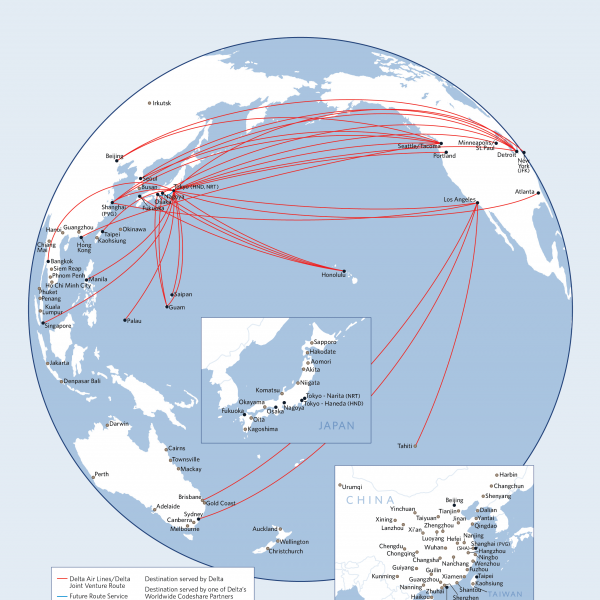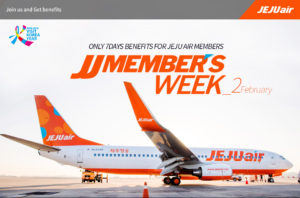
Jetstar group chief executive Gareth Evans says he is encouraged by the strong start to the low-cost carrier’s (LCC) new nonstop Gold Coast-Seoul Incheon service.
The inaugural flight departed Gold Coast Airport at a little past 1200 local time on Sunday, with Boeing 787-8 VH-VKF receiving an Airservices Aviation Rescue and Fire Fighting (ARFF) monitor cross prior to taking off as the JQ49 bound for Seoul Incheon.
Some nine hours and a half hours later, the 787-8 touched down at Seoul Incheon just before 2030 local time.
And after about two and a half hours on the ground, the Dreamliner took off as the reciprocal JQ50 bound for the Gold Coast.
Evans expressed confidence that the route would do well, given the stimulatory impact of low fares and South Koreans’ being among the most frequent travellers per capita of any country in the world.
Similarly, Australians were increasingly becoming aware of South Korea as a place to visit for food, history and popular culture influences such as K-Pop.
“There will be a lot of demand from Korea. But we are betting on huge increases in demand from Australians as well,” Evans told reporters at Gold Coast Airport on Sunday prior to the inaugural flight.
“The start to the route has been fantastic so we are off to a very good footing.”
Jetstar’s Gold Coast-Seoul Incheon flights have been scheduled on Wednesdays, Fridays and Sundays.
The 787-8s serving the route have 335 seats comprising 21 business class recliners in a 2-3-2 configuration with 38-inch pitch and 314 economy class seats at nine abreast with 30-inch pitch.
Currently, Asiana Airlines and Korean Air are the only two airlines with year-round nonstop flights between Australia and South Korea.
Asiana flies to Sydney, while Korean Air has nonstop flights to Brisbane and Sydney.
Meanwhile, South Korean LCC Jin Air has served Cairns with seasonal flights in recent years.
Qantas – Jetstar’s parent company – last served South Korea with its own aircraft in the mid-2000s when it flew Boeing 767-300ERs on seasonal services between Brisbane and Seoul. It also had year-round flights to Seoul in the late 1990s.
Ansett Australia also flew to Seoul in the late 1990s.
Evans said the stimulatory impact of low fares offered by Jetstar compared with those of full-service carriers Asiana and Korean Air would help grow the market.
Currently, the Australia-South Korea market was split 70 per cent South Korean travellers and 30 per cent Australian.
Looking ahead, Evans said he expected the directional flow to become more evenly balanced over time in a similar way the Australia-Japan market has evolved.
“We will grow both ends of the market but particularly we will grow the Australian end of the market,” Evans said.
“Japan sort of started about 70-30 now it is 50-50. We would imagine over time – a number of year – this market would move to a more 50-50 split.”
Further, a partnership with South Korea’s largest LCC Jeju Air, which has added its 7C airline code on the Jetstar flight as part of a hard block codeshare agreement, would also help raise awareness of the route in the South Korean market.
“The reason we are partnering with Jeju is because right now Jetstar brand has very little penetration in the Korean market so you need a strong partner to provide you with that brand strength and distribution in the market,” Evans said.
“That’s what Jeju brings.”
When Jetstar launched the route in May, it offered introductory fares of $179 one way. Since then, Evans said ticket prices for travel between the Gold Coast and Seoul Incheon have been in the $300 to $400 range.
“It’s those low fares that stimulate demand and open up markets,”Evans said.
“It has happened with us on a number of markets around Asia – Japan, Vietnam, Thailand. It will happen with Korea as well.”
Asked why Gold Coast was chosen as the city to launch flights to Seoul Incheon, Evans said that was where the demand was, noting inbound travellers from Asia loved to visit the Queensland city.
Further, Gold Coast was also able to act as a hub and gateway for the airline, offering convenient connections to other parts of Australia in both directions.
“The geography of the Gold Coast and the operation that we have got here into the Gold Coast means that we are building the Gold Coast as a hub for our Australian traffic,” Evans said.
“We are also seeing great demand from customers in Melbourne and Sydney connecting through the Gold Coast.”
Queensland Airports Ltd chief executive Chris Mills said the Jetstar flight opened up another new and exciting destination for locals on the Gold Coast, as well as new nonstop option for South Koreans travelling to Australia.
“South Koreans will have a direct link to our stunning beaches and hinterland, delivering significant benefits to our economy,” Mills said in a statement.
Queensland Tourism Minister Kate Jones noted the number of South Korean visitors to Queensland had grown by about 20 per cent to 76,000 visitors a year in the 12 months to June 2019, compared with 63,000 visitors in the prior corresponding period.
The new route was supported by the Queensland government’s attracting aviation investment fund, Queensland Airports and Destination Gold Coast.
Jones said the negotiations were completed over an 18-month period.
“Because it is taxpayers’ dollars to secure these new flights we always make sure that we believe that they meet our expectations for taxpayers,” Jones said.
“From our perspective we back flights that we know will attract and bring new tourists to Queensland.”
Written by Jordan Chong

